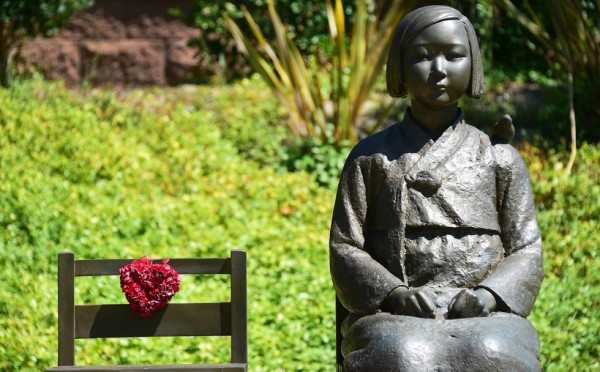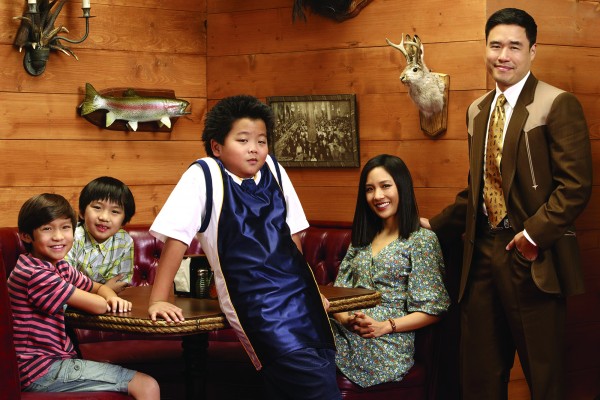by REERA YOO | @reeraboo
editor@charactermedia.com
The South Korean government announced on Wednesday that it will make efforts to further educate its elementary school students about Japans’s sexual enslavement of thousands of women during World War II.
According to the Chosun Ilbo, South Korea’s education and gender equality ministries will distribute supplementary textbooks that teach elementary and secondary school students about the victims of Japan’s wartime sex slavery, who are euphemistically referred to as “comfort women.” In addition to these new textbooks, the ministries plan to distribute teaching aids, including videos and PowerPoint files, to 193 education offices and 800 public libraries starting this month.
The announcement follows Japan’s approval of updated textbooks that downplay the country’s wartime aggression and strengthen its claims to the disputed islands in the Sea of Japan.
Existing Korean public school textbooks only briefly mention the victims of wartime sex slavery, sometimes in as little as a single paragraph. According to a survey conducted by a team of school teachers and researchers tasked with penning the supplementary textbooks, about 49 percent of the 152 elementary schoolchildren surveyed said they knew nothing about the subject. Meanwhile, about 24 percent said they were familiar with the topic and only a little over 19 percent said they were knowledgeable.
The supplementary text is expected to be 40 pages long and will be distributed to fifth graders and older after it is approved by the education ministry. All new materials for both teachers and students will then become public to browse or download online.
Although teachers will be encouraged by the government to use the new materials, it is not mandatory for them to discuss the contents of the new textbooks with their students, according to the Korea Herald.
Nam Sang-gu, a Northeast Asian Foundation researcher and one of the writers for the supplementary textbooks, said the new materials not only details the plight of comfort women but also emphasizes the importance of “peacebuilding and overcoming the aftermath of military conflicts.”
“While our goal is to educate our children about what happened and what we should remember so such tragedy does not repeat in the future, we also don’t want them to form a negative sentiment against Japan as a whole,” Nam told the Korea Herald. “In the material we also talk about how there are people in Japan who empathize with the victims and have worked for their rights and compensation.”
Earlier this week, a U.S. congressman told Korean reporters that Japanese Prime Minister Shinzo Abe is expected to mention the issue of Japan’s wartime sex slavery during his trip to Washington later this month.
___
Featured image via AFP







